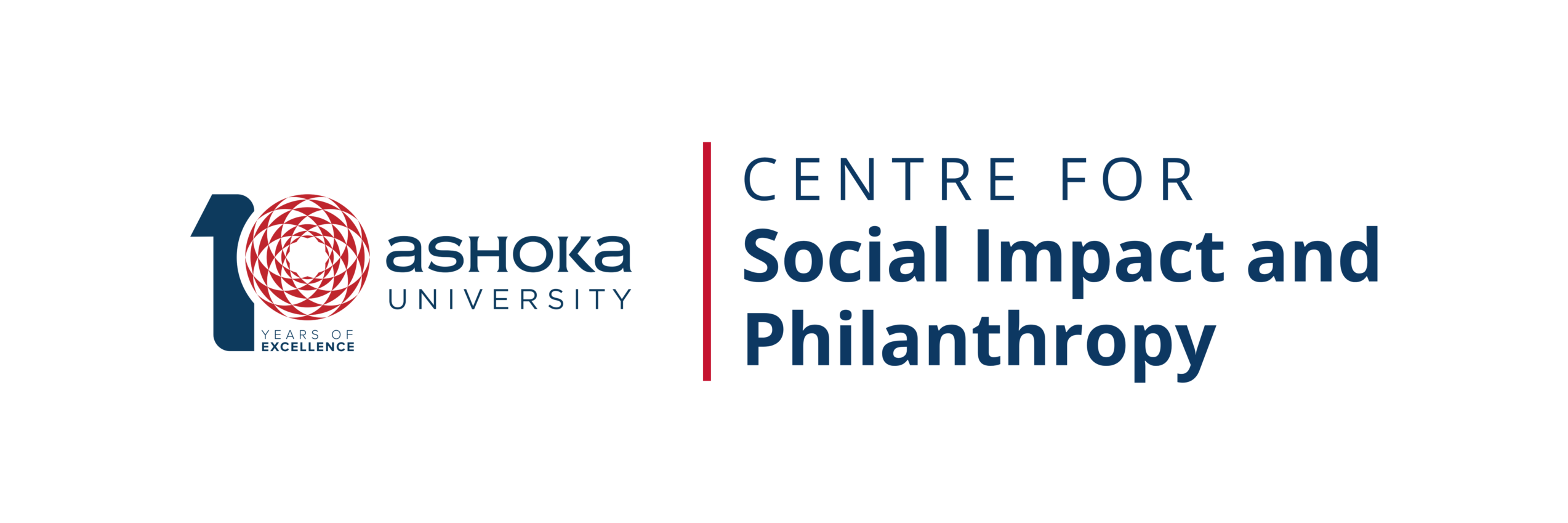


Towards Action: Islamic philanthropy for social justice in Indonesia


 The book’s analysis is anchored in Hunsaker and Hanzl’s definition of social justice philanthropy as ‘charitable donations that work for structural change that increases opportunity for those who are the least well off politically, economically and socially’. It assesses various instruments of Islamic philanthropy in Indonesia for their focus on the root causes of economic, racial and social injustice, their inclusiveness of non-Muslims as well as their participation in decision-making, and the accountability, transparency and responsiveness of their grantmaking.
The book’s analysis is anchored in Hunsaker and Hanzl’s definition of social justice philanthropy as ‘charitable donations that work for structural change that increases opportunity for those who are the least well off politically, economically and socially’. It assesses various instruments of Islamic philanthropy in Indonesia for their focus on the root causes of economic, racial and social injustice, their inclusiveness of non-Muslims as well as their participation in decision-making, and the accountability, transparency and responsiveness of their grantmaking.
In Indonesia, as in many countries of the Global South, philanthropy in general, and social justice philanthropy in particular, are either unfamiliar terms or perceived as alien, positing a western, secular model against Fiqh or traditional Islamic jurisprudence practices and Indigenous traditions. The latter are often noninclusive and the authors believe that change is hampered by religious orthodoxy, identity politics, lack of a well-defined state-led development agenda, state attempts to commandeer religious giving, a fragmented non-profit sector and lack of global connectedness.
While Muslim scholars and faith leaders in Indonesia have expressed varied views on the inclusion of non-Muslims as beneficiaries of faith-based giving, in many cases such inclusion is not opposed, sometimes even endorsed, but inertia and donor sentiment continue to pose barriers. Ensuring widespread adoption of inclusive practices is difficult, the authors believe, without clear support from higher religious authorities as well as from government.
Nonetheless, the authors find cause for optimism. They document the work of a number of organisations providing livelihood support through microfinance, toilets to address health and hygiene issues, those exercising policy influence and espousing inclusion (including in staffing) as stepping stones to broader empowerment at least in intent if not always in current programmes. Some provide education related to gender equality, child protection and family financial management with a stated intent to strengthen democracy. Others have adopted participatory planning and design, programmes with longer-term time horizons, community enterprise development, promoting communal harmony and tolerance and anticorruption agendas.
Foremost among these is Dompet Dhuafa. Established in 1994, the foundation’s vision has since evolved from charity to an increased emphasis on development and social justice philanthropy. Indeed, its most recent vision statement talks specifically of seeking ‘the realisation of an empowered world community through providing services, fortification and empowerment based on a social justice system’.
Prominent among its programmes is its legal advocacy programme to influence the amendment of the Zakat Law to incorporate the aspirations of 165 nonstate zakat organisations. The programme became stronger when it networked with other national legal and human rights institutions to support the judicial review of the Zakat Law in 2011 and it now provides legal advice for poor individuals and communities facing legal cases. Overall, believe the authors, while there are serious obstacles, there are models which demonstrate how traditional Islamic giving can be turned to the purposes of wider development.
This review was first published in Alliance Magazine.


